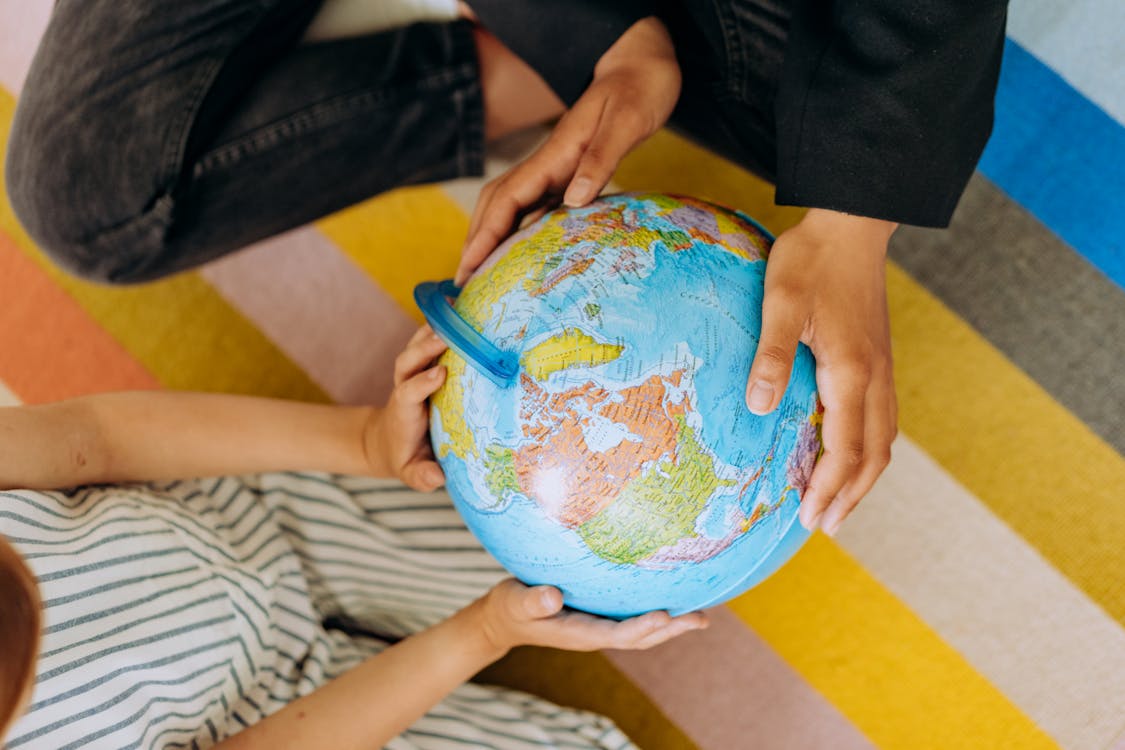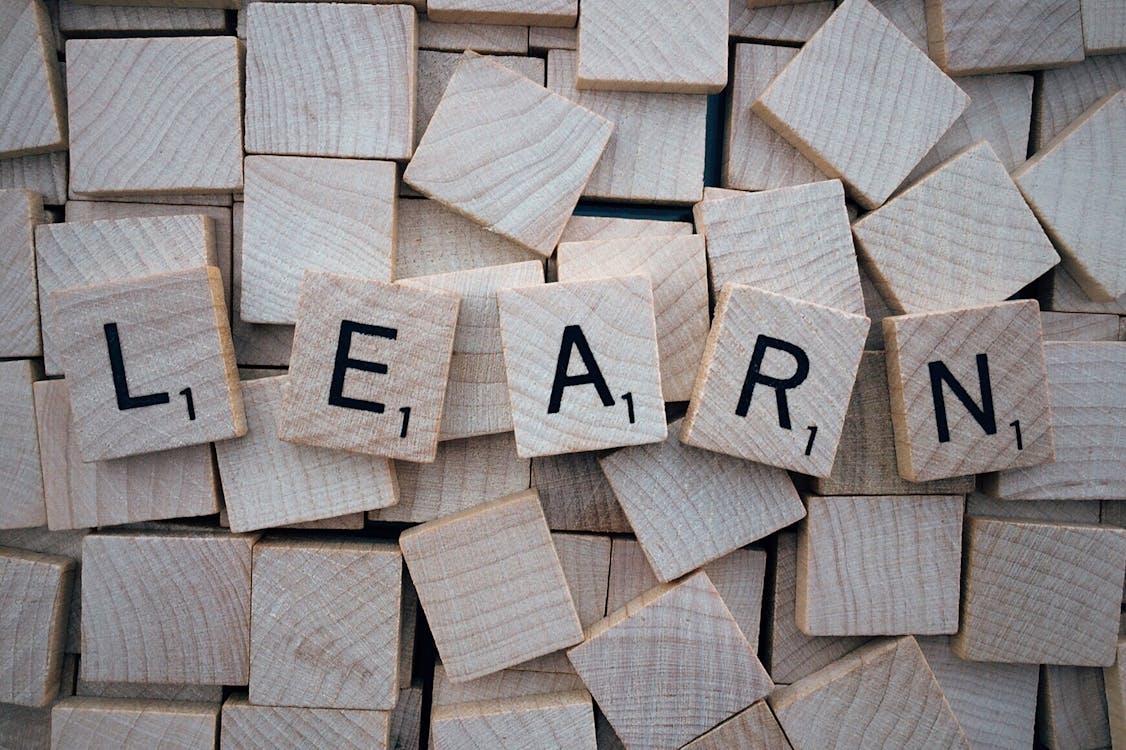Aloha! Konnichiwa! Ciao! This World Hello Day, spark curiosity about the big wide world by teaching your little linguists how to say hello in different languages. We also explore the benefits of learning a language, from boosting children’s listening skills to developing their critical thinking.

Say Hello: Language Learning For Kids
Want to learn how to say hello in Ukrainian, Korean, Maori or Hindi? Discover 25 ways to say hello with our handy guide.
| Language | Formal Greeting | How To Pronounce | Informal Greeting | How To Pronounce |
|
Afrikaans |
Goeie dag |
Gwee eh dahg |
Hallo |
Hah low |
|
Arabic |
Asalaam alaikum |
Ah salam u alay koom |
Ahlan |
Ah lahn |
|
Chinese (Mandarin) |
Nǐ hǎo |
Nee how |
Hā luō |
Hello |
|
Danish |
Hej |
Hi |
Halløj |
Halloy |
|
Dutch |
Hallo |
Hah low |
Hoi |
Hoy |
|
French |
Bonjour |
Boh zhoor |
Salut |
Sa loo |
|
German |
Guten tag |
Goo ten tahg |
Hallo |
Hah low |
|
Greek |
Γεια σας |
Ya sas |
Γεια |
Ya |
|
Hawaiian |
Aloha |
A low ha |
Aloha |
A low ha |
|
Hebrew |
Shalom |
Shuh lowm |
Hay |
Hi |
|
Hindi |
Namastē |
Nah mah stay |
Hē |
Hee |
|
Italian |
Salve |
Sahl vay |
Ciao |
Chow |
|
Japanese |
Konnichiwa |
Koh nee chi wah |
Yā or Yō |
Yah or Yo |
|
Korean |
Annyeong haseyo |
Ahn yoong hah say yoh |
Annyeong |
Ahn yoong |
|
Norwegian |
God dag |
Gu dahg |
Hei |
Hi |
|
Maori |
Tēnā koe |
Ten ah kwi |
Kia ora |
Key oh ra |
|
Polish |
Zień dobry |
Gin dobrey |
Cześć |
Cheh-sh-ch |
|
Portuguese |
Olá |
Oh la |
Oi |
Oy |
|
Spanish |
Hola |
Oh la |
Qué tal |
Kay tahl |
|
Swahili |
Habari |
Ha barr ee |
Hujambo |
Who jahm bow |
|
Thai |
Greeting a woman: Sawatdee ka Greeting a man: Sawatdee krup |
Suh wah tee kah
Suh wah tee crop |
Greeting a woman: Watdee ka When greeting a man: Watdee krap |
Wah tee kah
Wah tee crop |
|
Ukranian |
Вітаю (Vitayu) |
Vita-you |
Привіт (Pryvit) |
Priveet |
|
Vietnamese |
Xin chào |
Sin jow |
Chào bạn |
Jow bahn |
|
Welsh |
Helô |
Huh-low |
S'mae |
Suh-may |
|
Zulu |
Sanibonani |
Sah-nee-boh-bah-nee |
Sawubona |
Sah-woo-boh-nah |
Benefits Of Learning A Language
Learning a second language has huge cognitive benefits for children. Research shows that it can enhance their creativity, concentration, critical thinking and listening skills. Exposing youngsters to language learning early also nurtures their interest in other cultures. Not to mention, you can feel like super proud parents on your family holiday when your kids greet the local people in their native tongue.

Surprisingly, children don’t tend to get confused when learning multiple languages at the same time. This is especially true if they start before the age of 5, when most pick up new languages at a really fast rate. This might be because their brains are more receptive in their early years, but they could also find it easier as they’ll be less self-conscious than older kids and adults and not as worried about making mistakes.
What You Can Do
You don’t have to be a world traveller or fluent in 25 languages to help your kids learn. There are loads of excellent online tools and language learning apps out there to support you, from Gus on the Go for learning French, Spanish, Italian and more, to ChineseSkill for littlens who want to learn Mandarin.


